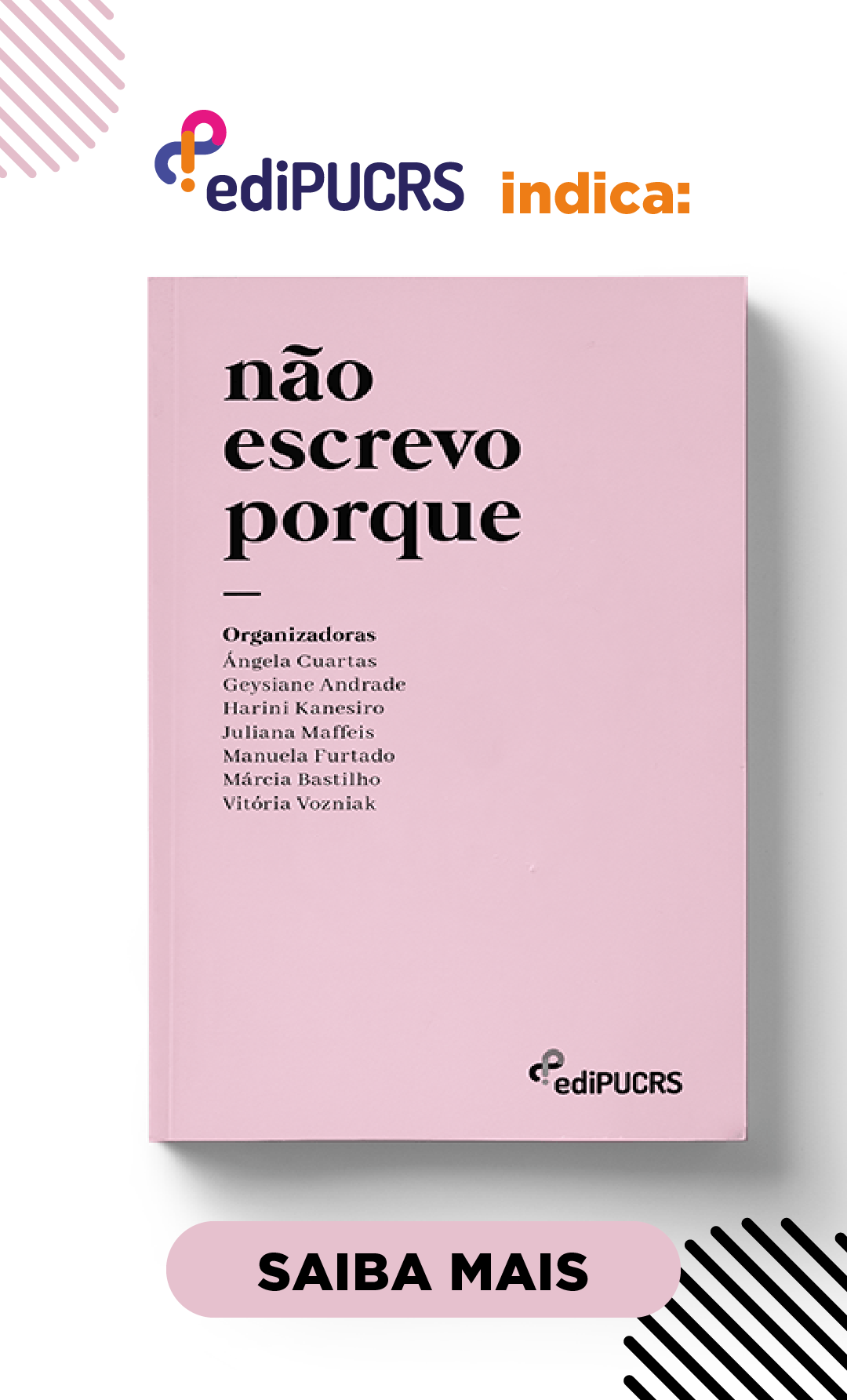Workshops as an avenue of teacher development in a Language without Borders community in Southern Brazil
DOI:
https://doi.org/10.15448/2178-3640.2018.2.31916Palavras-chave:
English as an Additional Language, teacher development, Languages without Borders.Resumo
This paper discusses the use of “workshops” at a community generated by the program Languages without Borders as an avenue for the development of teachers of English as an Additional Language. Part of a larger research project aimed at elucidating the practices of teacher development in the community, this paper discusses field notes as well as transcriptions of a workshop held at the community, by two of its more experienced members. This paper corroborates evidence that workshops, despite often disputed by teacher development literature, is a good opportunity for teachers to share the results of their own reflections, as well as for the emergence of critical teacher development (Pennycook, 2001; Pessoa, 2014).
*** Workshops como um caminho para a formação de professores em uma comunidade do Idioma Sem Fronteiras no sul do Brasil ***
Este artigo discute o uso de “workshops” em uma comunidade emergente do programa Idiomas sem Fronteiras em uma grande universidade do sul do Brasil como um mecanismo para formação de professores de Inglês como Língua Adicional. Parte de um projeto de pesquisa mais extenso, focado em elucidar as práticas de formação de professores na referida comunidade, este artigo discute notas de campo bem como transcrições de um workshop realizado na comunidade por duas de suas participantes mais experientes. Este texto apresenta evidências que corroboram que os workshops, ainda que muitas vezes desacreditados na bibliografia sobre formação de professores, podem oferecer oportunidades para professores compartilhar suas próprias reflexões, assim como para a emergência de formação crítica de professores (Pennycook, 2001; Pessoa, 2014).
Palavras-chave: Inglês como Língua Adicional; formação de professores; Idiomas sem Fronteiras; Inglês como Língua Estrangeira.
Downloads
Referências
Bell, N. D. 2007. Microteaching: What is it that is going on here? Linguistics and Education, 18(1), p. 24-40.
https://doi.org/10.1016/j.linged.2007.04.002
Bowe, R., Ball, S. J., & Gold, A. 1992. Reforming education and changing schools: case studies in policy sociology. London; New York: Routledge, 1992. Retrieved from:
https://search.library.wisc.edu/catalog/999710291902121.
Brown, H. D. 2001. Teaching by principles: an interactive approach to language pedagogy (2nd ed.) White Plains, NY: Longman. Retrieved from:
https://search.library.wisc.edu/catalog/999909312802121.
Brown, P. & Levinson, S. 1987. Politeness: some universals in language usage. Cambridge [Cambridgeshire]; New York: Cambridge University Press. Retrieved from:
https://search.library.wisc.edu/catalog/999581101802121.
Glazer, E. M. & Hannafin, M. J. 2006. The collaborative apprenticeship model: Situated professional development within school settings. Teaching and Teacher Education, 22(2), p. 179-193.
https://doi.org/10.1016/j.tate.2005.09.004
Harmer, J. 2015. The practice of English language teaching. Fifth edition. Harlow, Essex, England: Pearson Education Limited. Retrieved from:
https://search.library.wisc.edu/catalog/9912286162002121.
Jordao, C. M. 2016. Decolonizing identities: English for internationalization in a Brazilian university. Interfaces Brasil-Canada, 16(1), p. 191-209.
Kirsch, W. 2017. Teacher development in a community of practice in southern Brazil. UFRGS. Retrieved from:
http://hdl.handle.net/10183/172932%0A%0A.
Knight, P. 2002. A systemic approach to professional development: Learning as practice. Teaching and Teacher Education, 18(3), p. 229-241.
https://doi.org/10.1016/S0742-051X(01)00066-X
Lambert, P. & Stock, P. L. 2016. Toward a Theory of Genre in Teacher Research: Contributions from a Reflective Practitioner Published by: National Council of Teachers of English Stable URL:
http://www.jstor.org/stable/40173055. Toward a Theory of Genre in Teacher Research: Contributio, 33(2), p. 100-114.
Lave, J. & Wenger, E. 1991. Situated learning: legitimate peripheral participation. Cambridge [England]; New York: Cambridge University Press. Retrieved from:
https://search.library.wisc.edu/catalog/999668157902121.
Musset, P. 2010. Initial teacher education and continuing training policies in a comparative perspective. OECD Education Working Papers, 48, p. 1-47.
https://doi.org/10.1787/5kmbphh7s47h-en
Nóvoa, A. 2009. Professores: imagens do futuro presente. Lisbon: EDUCA.
https://doi.org/10.1017/CBO9781107415324.004
Palmer, D. H. 2006. Sources of self-efficacy in a science methods course for primary teacher education students. Research in Science Education, 36(4), p. 337-353.
https://doi.org/10.1007/s11165-005-9007-0
Pavlenko, A. 2002. Postructuralist approaches to the study of social factors in second language learning and use. Portraits of the L2 User, (January), p. 277-302.
Pennycook, A. 2001. Critical applied linguistics: a critical introduction. Mahwah, NJ: L. Erlbaum, 2001. Retrieved from:
https://search.library.wisc.edu/catalog/999907807802121.
Pessoa, R. R. 2014. A critical approach to the teaching of English: pedagogical and identity engagement. Revista Brasileira de Linguística Aplicada, (AHEAD), 0-0.
https://doi.org/10.1590/S1984-63982014005000005
Ping, W. 2013. Micro-teaching: a powerful tool to embedding the English teacher certification testing in the development of English teaching methodologies. International Journal of English Language and Literature Studies, 2(3), p. 163-175.
Saldaña, J. 2009. Qualitative Researchers. London: Sage Publications.
Tedick, D. J. 1986. Research on Error Correction and Implications for Classroom Teaching. ACIE Newsletter Chaudron Kowal & Swain Lyster & Ranta, 1(3).
Ur, P. 1996. A course in language teaching: practice and theory. Cambridge [England]; New York: Cambridge University Press, 1996. Retrieved from:
https://search.library.wisc.edu/catalog/999761214802121.
Wenger, E. 1998. Communities of practice: learning, meaning, and identity. Cambridge, UK; New York: Cambridge University Press, 1998. Retrieved from:
Downloads
Publicado
Como Citar
Edição
Seção
Licença
Copyright (c) 2019 BELT - Brazilian English Language Teaching Journal

Este trabalho está licenciado sob uma licença Creative Commons Attribution 4.0 International License.
Direitos Autorais
A submissão de originais para a BELT - Brazilian English Language Teaching Journal implica na transferência, pelos autores, dos direitos de publicação. Os direitos autorais para os artigos publicados nesta revista são do autor, com direitos da revista sobre a primeira publicação. Os autores somente poderão utilizar os mesmos resultados em outras publicações indicando claramente a BELT - Brazilian English Language Teaching Journal como o meio da publicação original.
Licença Creative Commons
Exceto onde especificado diferentemente, aplicam-se à matéria publicada neste periódico os termos de uma licença Creative Commons Atribuição 4.0 Internacional, que permite o uso irrestrito, a distribuição e a reprodução em qualquer meio desde que a publicação original seja corretamente citada.





